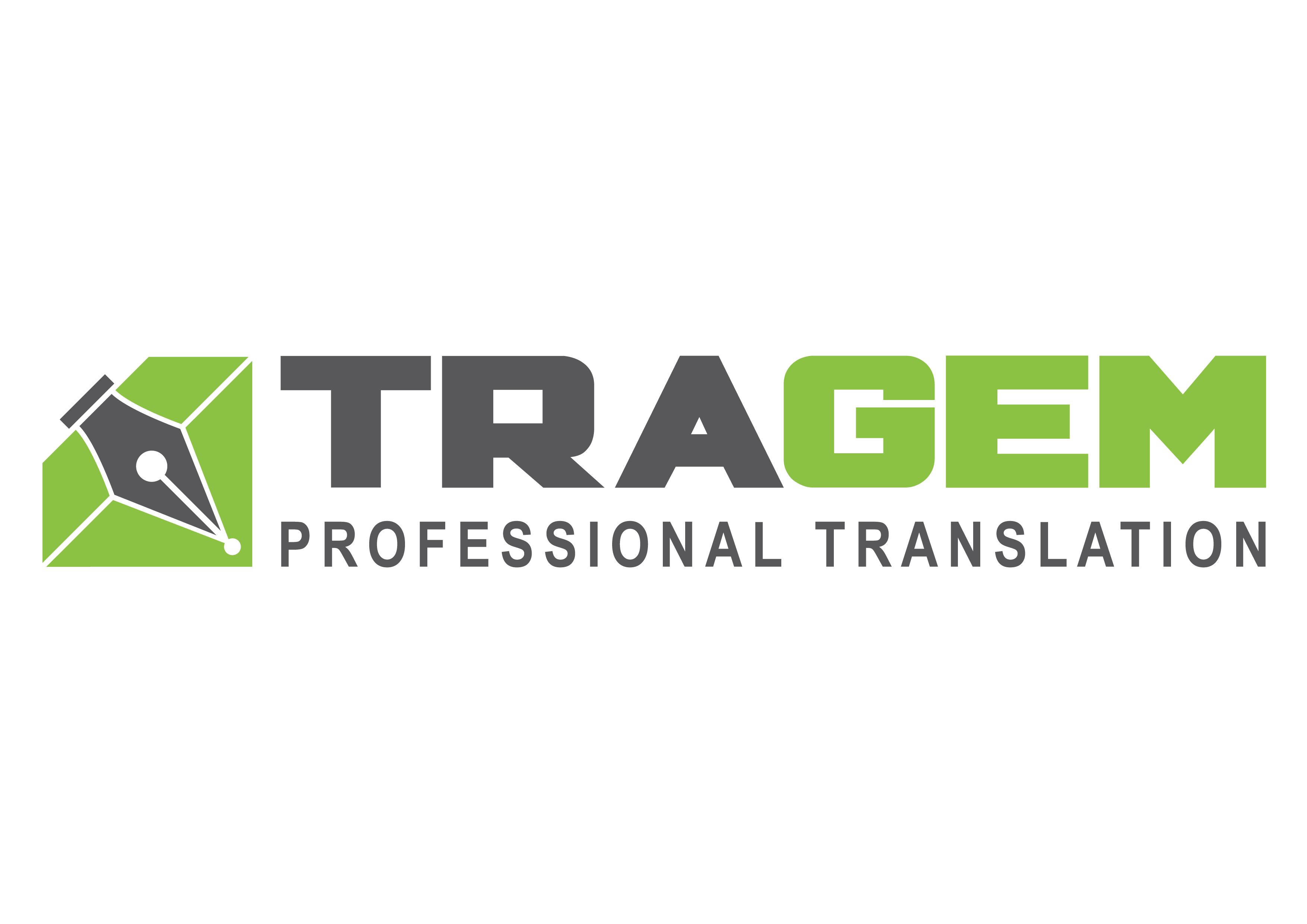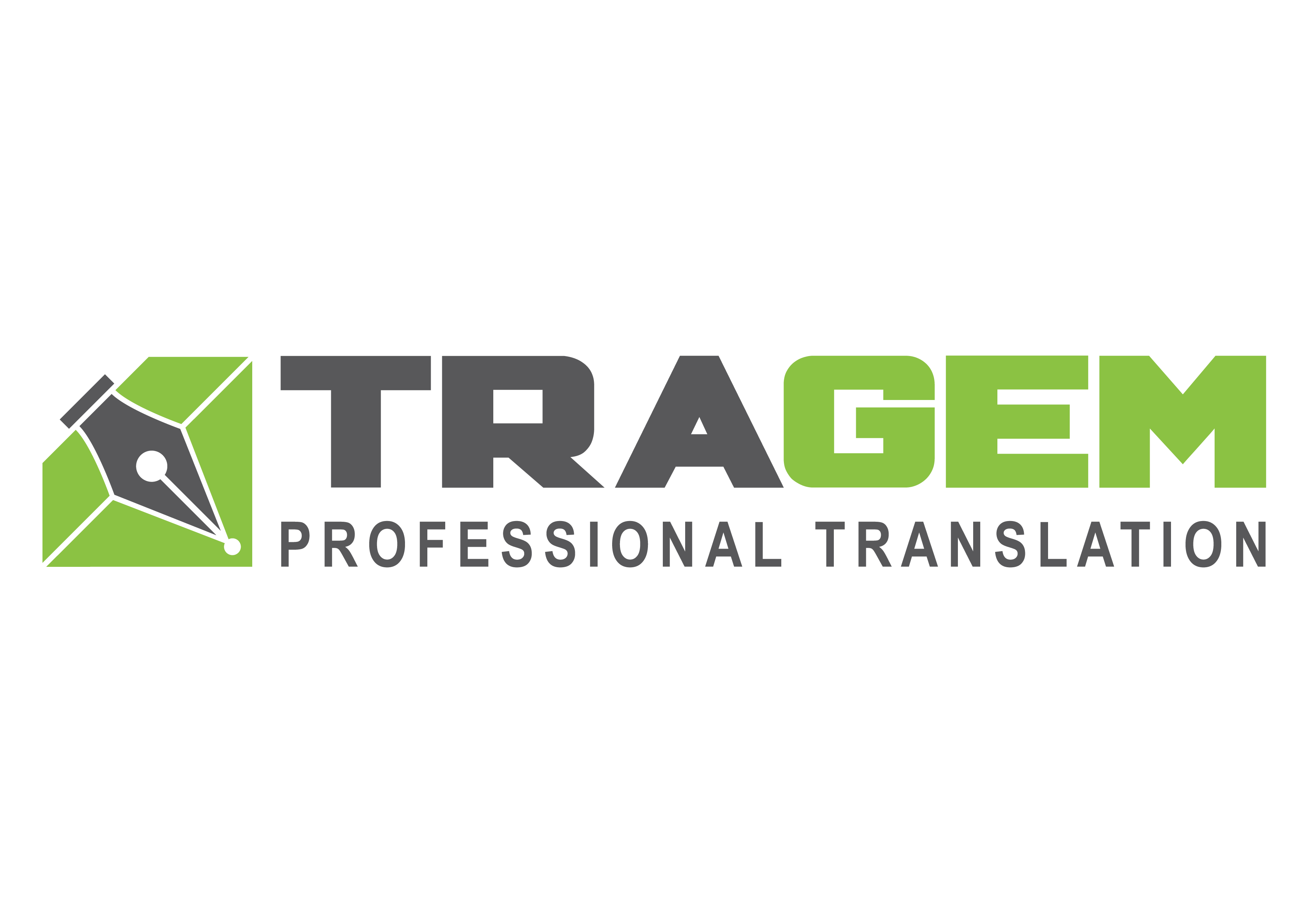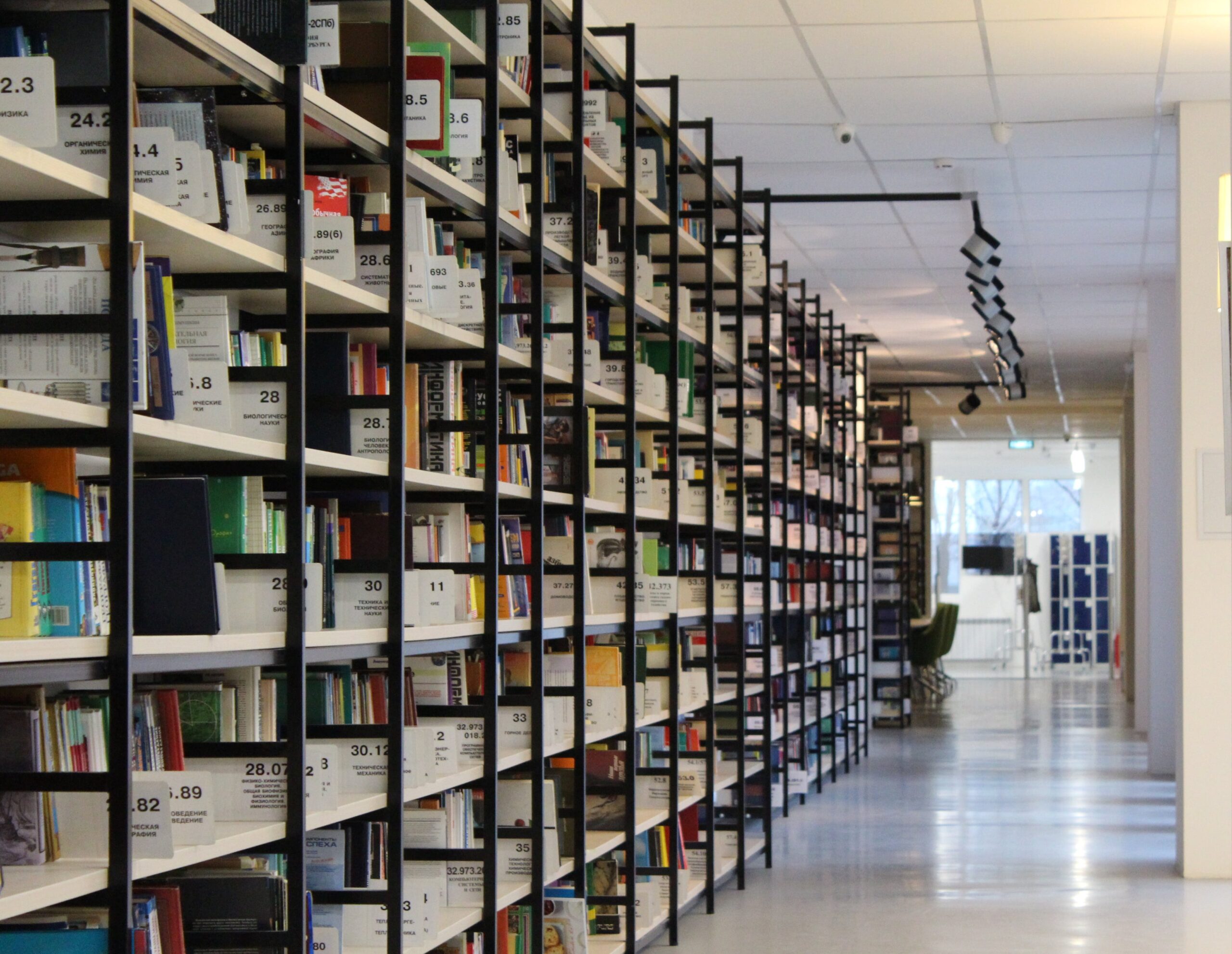Empowering Minds
The Importance of Educational Content Localization in the MEA Region
In the dynamic and culturally diverse landscape of the Middle East and Africa (MEA), education serves as a cornerstone for societal development and individual empowerment. However, to truly harness the transformative power of education, it is imperative to adapt educational content to the diverse cultures and languages prevalent across the region. Educational content localization plays a pivotal role in ensuring that learners from different backgrounds have access to high-quality educational materials that resonate with their linguistic and cultural identities.

One of the primary reasons for localizing educational content in the MEA region is to address the linguistic diversity that characterizes the region. With Arabic, English, French, and a multitude of indigenous languages spoken, providing educational materials in multiple languages is essential for reaching a broader audience and facilitating comprehension among learners. Whether it’s textbooks, instructional videos, or digital learning platforms, translating educational content accurately and fluently enables students to engage more effectively with the material and achieve better learning outcomes.
Cultural relevance is another key consideration in educational content localization for MEA learners. Each country within the region boasts its own unique cultural traditions, values, and learning styles. By incorporating culturally relevant examples, imagery, and references into educational materials, educators can create a more inclusive and engaging learning experience for students, fostering a sense of cultural identity and pride in their heritage. Moreover, culturally sensitive content helps bridge the gap between the classroom and the real world, making learning more relatable and meaningful for students.
Furthermore, adapting educational content to local contexts and norms is crucial for promoting educational equity and accessibility. In many parts of the MEA region, socioeconomic disparities and infrastructural challenges pose barriers to education. Localizing educational materials to address specific needs and challenges faced by learners, such as limited access to technology or inadequate school facilities, can help level the playing field and ensure that all students have equal opportunities to learn and succeed.
In conclusion, educational content localization is not merely about translating words; it is about creating meaningful learning experiences that resonate with learners’ linguistic, cultural, and educational backgrounds. By embracing diversity, promoting cultural relevance, and addressing local needs, educators and content developers can unlock the full potential of education as a tool for empowerment and social change in the MEA region. As we strive to build a brighter future for the next generation, investing in educational content localization is essential for ensuring that every child has the opportunity to thrive and reach their full potential.



